The Do’s and Don’ts of Cover Letters

Cover letters are a much-debated concept, one where it’s importance will differ depending on who you’re talking to. However, the reality is, they are a critical and (often overlooked) part of the recruitment process. In this straight-to-the-point interview, we talk to Senior Recruitment Consultant, Sam Phillips, on what you should (and shouldn’t) include in yours.
What are some of the most common issues you see with cover letters?
For me, it comes down to two main things.
1. “Dear Sir/Madam” is an impersonal and unacceptable start and probably the best way to find yourself fast-tracked to the ‘no’ pile. In most cases, you’ll find a contact name on the advert, and in the unlikely case of it not being, check the website or call the company and ask for the person’s name. Or better still, speak to them before applying to ensure you are what they are looking for. Doing this will save you and them valuable time. Using Sir/Madam indicates a mass mail/application approach which in turn tells us that a candidate isn’t too bothered where the CV is going or to whom. I’ve even seen some addressed simply to ‘Dear’!
2. Also, avoid vague language that applies to anyone like “I’m a dynamic and eager manager with strong communication skills and the ability to multi-task.” No-one is ever going to say they don’t have good communication skills. Make it relevant to your background and use examples to describe achievements. A great example is “By way of lean manufacturing, I improved factory output in Wellington by 24% in quarter three” or “I came onto the project with four weeks to go, recruited two more site engineers and fixed the supplier problems.”
What should candidates be focusing on?
Sell your specific experience and don’t forget to use examples e.g. “I have 12 years’ experience leading commercial teams on projects in the education sector to the value of $20m.” A recruiter would prefer to have more information than less as it’s much easier to reduce things down than having to come back to you asking for more details.
Make it relevant to the job and relate your experience to their needs. If a company asks for 4 years’ experience in real estate sales, it’s no use trying to shoehorn six months’ experience of selling health supplements. Any experience you mention in the cover letter MUST also be covered in the CV.
Don’t talk about hobbies/interests/family etc. unless it’s relevant to the job. For example, “In my spare time, I make furniture for friends and family.” Of course, this would be of interest if the person was going for a job with a furniture or shop fitting company, but not if its designing circuit boards.
With everything being online now, is WordPad appropriate to use?
It’s best to stay away from this one. WordPad files are of no use apart from personal/private notes. Just because it’s free doesn’t mean it should be used when communicating information. In fact, anyone who uses WordPad when applying for jobs is more likely to be rejected instantly. You’ve used Microsoft Word or exported a PDF for your CV, so why make yourself look less professional with WordPad? I know that Seek invites people to write a cover letter which is then added to the application as a WordPad document but they may as well not bother.
Any parting thoughts?
Always say thank you for considering the application at the end of the letter. Starting out with “Thank you for taking the valuable time out of your busy day to read my humble application…” diminishes your worth somewhat. It may feel like you are grovelling when all the person wants to know, straight off, is how you are relevant for the position.
Also, never tell the person reading the cover letter that you match the job requirements exactly, that you are exactly what the company is looking for, or that you will succeed in the position no matter what. It is the job of the interviewer to make that call, following a review of the CV and any subsequent interview.
For further cover letter advice, or support in finding your next role, get in touch with me here.








